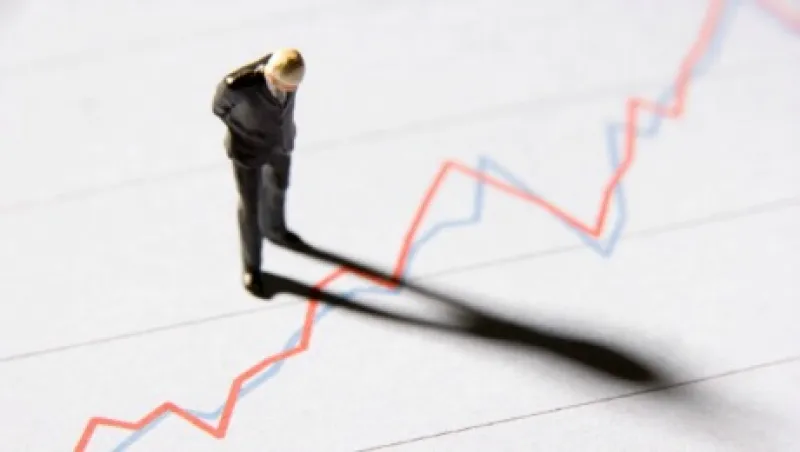
Daily Agenda: Equity Markets Shrug Off Risks
Japanese CPI disappoints; German legislature votes in favor of Greek bailout; 2015 growth forecast strong for India.
Andrew Barber
February 27, 2015


